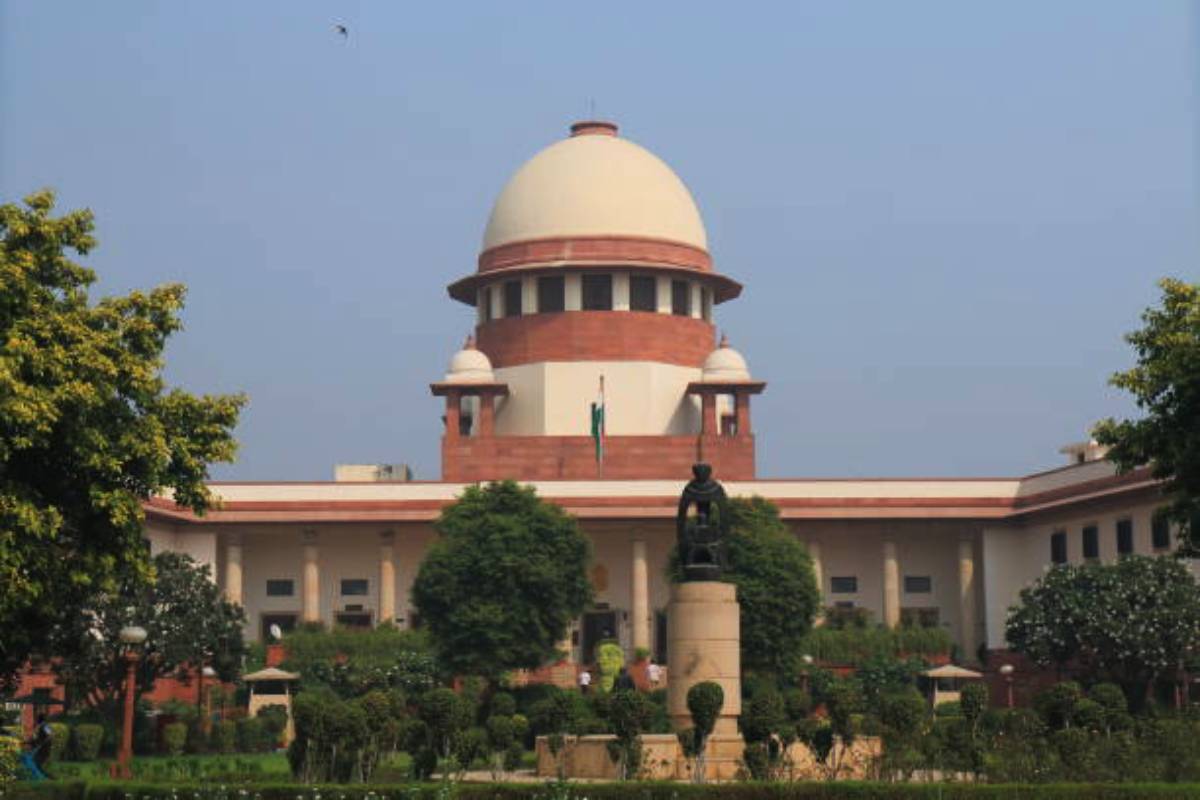The Supreme Court on Thursday stayed the notification issued by the central government for setting up fact check units to verify the authenticity of the news items appearing on social media.
Staying the notification issued by the Ministry of Electronics and Information Technology under the Information Technology (Intermediary Guidelines and Digital Media Ethics Code) Amendment Rules, 2023, Chief Justice D Y Chandrachud heading a bench also comprising Justice J.B. Pardiwala and Justice Manoj Misra said that it involves serious constitutional questions.
Advertisement
The notification setting up the fact check units (FCUs) was issued on Wednesday.
“We are of the considered view that questions before the High Court deal with core questions on Article 19(1)(a). Pending adjudication by the High Court, we are desisting to deal on merits which may foreclose assessment by the third learned judge. We are of the view that notification dated march 20, 2024, after rejection of application of interim relief, needs to be stayed. The challenge to the validity of 3(1)(b)(5) involves serious constitutional questions and the impact of the rule on free speech and expression would need to be analyzed by the High Court,” the bench said in its order.
The challenge to the Information Technology Rules Amendment 2023, is being adjudicated by the Bombay High Court. The stay order will operate till Bombay High Court decides challenge to the IT Rules Amendment 2023.
The Fact Check Unit of the Press Information Bureau, under the Ministry of Information and Broadcasting, was notified on March 20.
The top court order came on a petition by the Editors Guild of India, and comedian Kunal Kamra, seeking stay on the notification of FCUs. The petitioners moved the top court after a third judge of the Bombay High court had on March 11, 2024, rejected their plea for the stay of the Information Technology Rules Amendment 2023. The matter reached the third judge after a two-judge bench delivered a split verdict.
The IT Rules (amendment) 2023 states that the intermediaries like the social media platforms will have to make “reasonable efforts” to ensure that the users do not upload information about the central government business “identified as fake, false or misleading.”
An organisation appointed by the government will be the arbiter of such content, and if intermediaries do not comply with the organisation’s decision, they may lose their safe harbour status under Section 79 of the IT Act, 2000.











